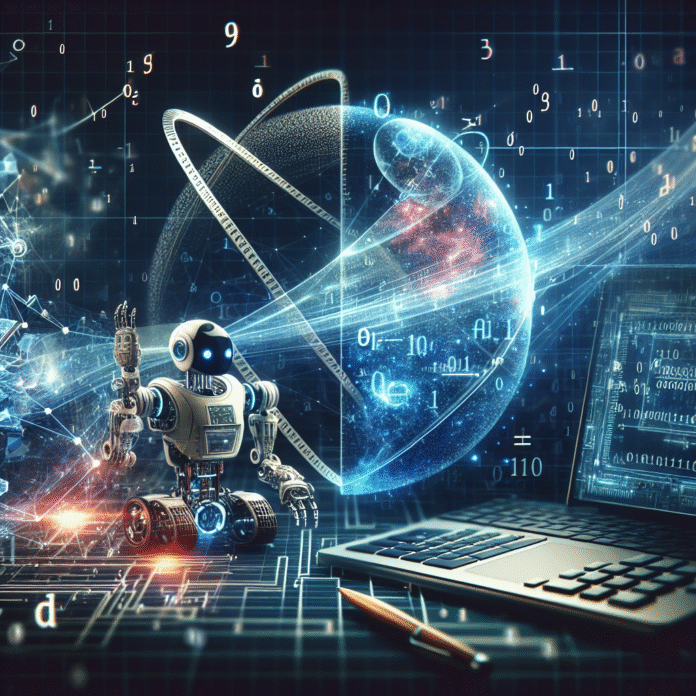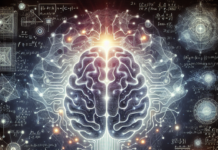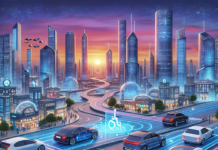Introduction
The dawn of the 21st century has brought with it unprecedented advancements in technology, most notably in the field of artificial intelligence (AI). Once confined to the realm of science fiction, AI has become an integral part of our daily lives, reshaping industries and heralding a transformative era known as the AI Revolution. This article explores the implications of AI on various sectors, its ethical considerations, and the potential it holds for the future.
The Rise of Artificial Intelligence
AI can be defined as the simulation of human intelligence processes by machines, particularly computer systems. This includes learning, reasoning, and self-correction. The past few decades have witnessed significant improvements in AI algorithms, driven by advances in data collection, computing power, and machine learning techniques. From voice assistants like Siri and Alexa to sophisticated algorithms powering self-driving cars, AI is now more accessible than ever.
Key Areas of Impact
-
- Healthcare
In healthcare, AI is revolutionizing diagnostics, treatment personalization, and patient management. Machine learning algorithms can analyze vast amounts of medical data to identify patterns that human practitioners might miss. AI applications like predictive analytics are being used to foresee disease outbreaks or patient deterioration, allowing for timely interventions. Robotic surgeries, powered by AI, offer enhanced precision and improved recovery times, changing the landscape of medical procedures.
-
- Finance
The financial sector is undergoing a renaissance thanks to AI. Algorithmic trading, risk assessment, and fraud detection are increasingly being automated, resulting in more efficient, faster, and accurate decision-making processes. Retail banking now uses AI-driven chatbots to enhance customer service, while credit scoring models are becoming more sophisticated through machine learning, enabling better risk management.
-
- Transportation
Self-driving vehicles are at the forefront of the transportation revolution. AI systems analyze traffic patterns, weather conditions, and road obstacles, promising to make travel safer and more efficient. Public transportation systems are integrating AI to optimize routes and schedules, while logistics companies utilize AI for supply chain management, ensuring timely deliveries and reducing costs.
-
- Education
AI is customizing the educational experience for students. Adaptive learning systems analyze student performance in real-time, allowing for personalized lesson plans that cater to individual learning styles. Educational institutions are using AI for administrative tasks, enhancing learning analytics, and even providing virtual tutoring, significantly improving the educational landscape.
-
- Retail
In the retail sector, AI is transforming the way businesses interact with consumers. Personalized marketing, inventory management, and customer service are all benefiting from AI innovations. Retailers are employing recommendation algorithms to enhance customer experiences and optimize supply chain operations through predictive analytics, leading to reduced waste and increased sales.
Ethical Considerations
With great power comes great responsibility. The rapid adoption of AI raises important ethical questions. Issues of data privacy, algorithmic bias, and the potential for job displacement are major concerns that need addressing. As AI systems increasingly make decisions traditionally handled by humans, transparency in algorithms and accountability for decisions becomes crucial. Companies and governments must work together to develop ethical frameworks that guide AI deployment, ensuring fairness and inclusivity.
The Future of AI
Looking ahead, the potential of AI is boundless. As technology continues to evolve, we can anticipate even more groundbreaking applications. Quantum computing, combined with AI, could exponentially increase processing power, enabling solutions to complex problems in minutes that would otherwise take years. Additionally, advancements in natural language processing and computer vision will enhance human-machine collaboration, leading to even more innovative applications across various industries.
Conclusion
The AI revolution is not merely a technological shift; it represents a profound change in how we live, work, and interact with the world. As AI technologies continue to develop, stakeholders across sectors must actively engage in shaping a future that maximizes the benefits of AI while addressing potential ethical challenges. By embracing this transformative power responsibly, we can pave the way for a brighter, more efficient, and inclusive future. The AI revolution is just beginning, and its impact will resonate for generations to come.







